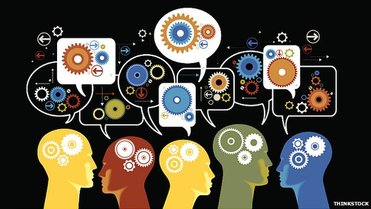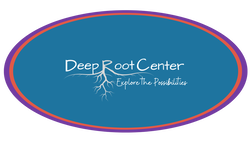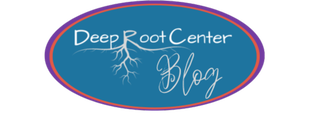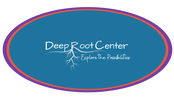 Education. What do you think of when you hear that word? The mental image usually consists of one person at a desk in a classroom working alone on worksheets, listening to a lecture or instruction, doing math, writing a paper, doing homework, or researching on the computer. In a conventional classroom setting, working together to solve math problems or any other traditional school work activity is usually frowned upon. Because if ideas are shared by two or more students, they are cheating. Recently, I was the witness to some kids playing an imaginative game at the Center. I don't remember the exact circumstances, but I heard the 6 year old tell the 7 year old, “that is cheating.” I was amazed, even our youngest are conditioned to view anything that we don't achieve independently as cheating. When did we lose our ability to celebrate and encourage collaboration? When did pulling yourself up by the bootstraps and the independent spirit become the norm? Did it occur when education became the responsibility of the state or when specific knowledge became more important than learning how to learn? Or maybe, it happened as people in the US moved west and relied less and less on each other because there were fewer people around. It would be an interesting study to pursue, someday. In egalitarian societies, cooperation is the key to the greatest number of members survival. Everything that is learned is then shared with someone else. Are they accused of cheating? No, they are simply passing on survival techniques. Everyone who is educated can become a successful, thriving member of the group. Interestingly, this is also one part of the technical definition for culture. (Yup, Anthropology geek is here again.) I would like to argue that collaboration is the purest form of education. Sharing ideas and brain storms increases everyones knowledge. We are empowering everyone with the ability of knowing how to think, not just telling them what to think. This is especially profound when the sharing happens across generations or even different age groups. Have you ever watched a 10 year old play together with a 5 year old? Have you wondered who is benefiting more from the interaction? The younger child may be learning more worldly things, but the older child could be remembering how to be real and unafraid of societal expectations. This interplay is in fact mutually beneficial. Self-directed learning sounds like it would be an independent pursuit; no help needed, just point me towards the knowledge and I will learn it all by myself. However, independent learning often requires a conversation between two or more people that involves the sharing of ideas; the talking and interaction is what allows for learning to happen. And on the most fundamental level, that is what Deep Root Center offers kids; the space, and the time for exploration of ideas through discussion and collaboration within a multi-age setting.
0 Comments
Your comment will be posted after it is approved.
Leave a Reply. |
|
© 2024 Whole Learners, Inc. 501(c)3
Deep Root Center
48 Riverside Drive, Canton, NY 13617
315*323*1435/[email protected]
Deep Root Center
48 Riverside Drive, Canton, NY 13617
315*323*1435/[email protected]


